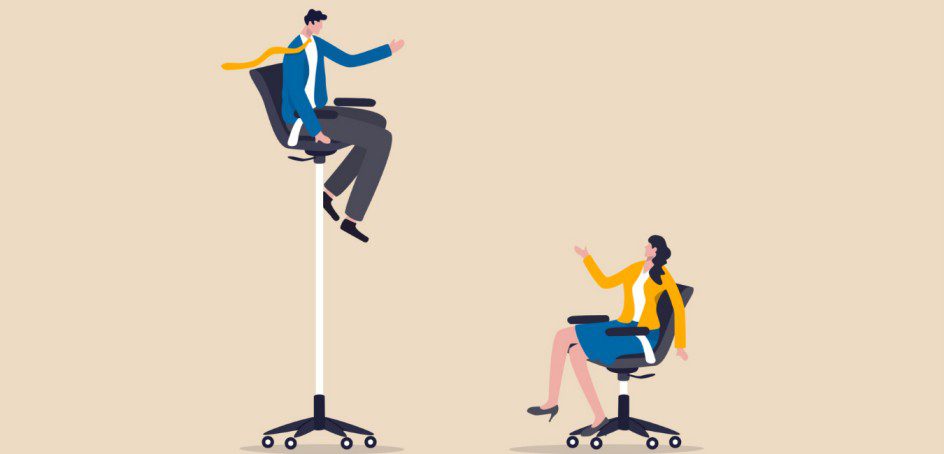ILO: Women Are Less Likely Than Men to Regain Employment Post Covid19


The ILO brief, Building Forward Fairer: Women’s rights to work and at work at the core of the COVID-19 recovery , shows that women have suffered disproportionately because of their over-representation in the hardest-hit sectors, such as accommodation and food services, and the manufacturing sector.
The report suggests there will be 13 million fewer women in employment in 2021 compared to 2019, while men’s employment will recover to 2019 levels. Even though the expected jobs growth in 2021 for women would exceed that of men, it will still be insufficient to bring women back to pre-pandemic employment levels.
It is estimated that about 43.2 per cent of the world’s working-age women will be employed in 2021, compared to 68.6 per cent of working-age men.
How are different regions performing?
The Americas experienced the most significant reduction in women’s employment due to the pandemic (a decrease of 9.4%).
The second-highest drop in the number of employed women was seen in the Arab states, where between 2019 and 2020, women’s employment declined by 4.1% and men’s by 1.8%.
In the Arab states, despite favourable prospects for women’s employment in 2021, women continue to be five times less likely to be in work than men.
In Asia and the Pacific, the pandemic led women’s employment to decrease by 3.8% compared to a decline of 2.9% for men.
In Europe and Central Asia, women’s employment was curtailed by 2.5%, while men faced a 1.9% decrease.
In Africa, men’s employment experienced the smallest decline across all geographic regions, with just a 0.1 % drop between 2019 and 2020, while women’s employment decreased by 1.9%.
To bridge the job gap in 2021 the report recommends investing in the care economy because the health, social work and education sectors are essentially considered women-centric.
Written by Ruth Jane

Same story. Don’t know when we will be seen as equals not only on papers but in our day to day lives.
Ok. So you are saying after the maddening virus, financial upheavel, women have to prepare towards another fight for jobs. As if there was no discrimination already. I also feel, authors idea of giving more weightage to care economy and channelising funds there is apt. Maybe that way, we could help women who are looking for financial freedom.